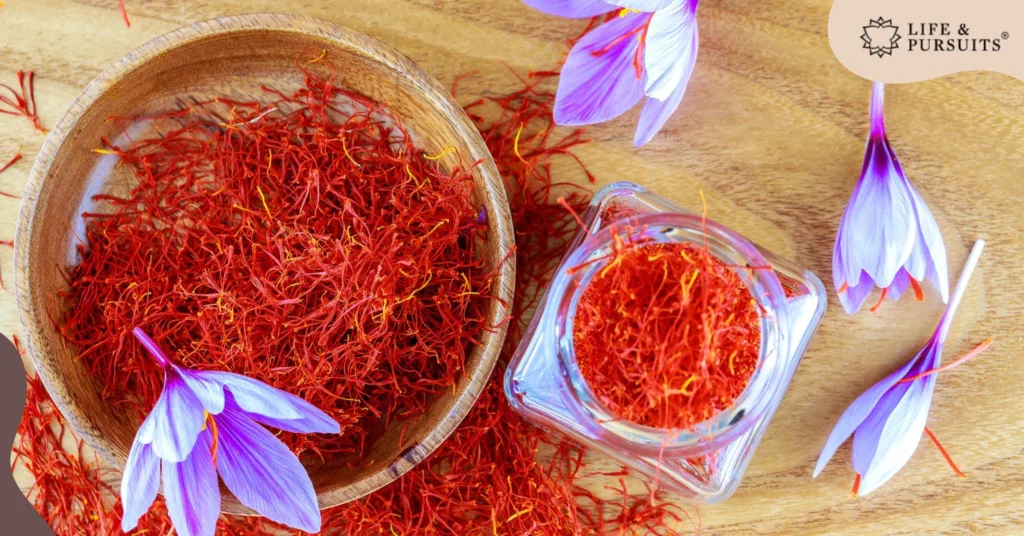Introduction to Saffron Oil
Saffron , derived from the stigma of the Crocus sativus flower, holds a significant place in history and culture. Known for its distinct aroma, vibrant color, and myriad health benefits, saffron has been treasured for centuries. Let’s delve into the multifaceted world of saffron oil, exploring its composition, benefits, and various applications.
Composition of Saffron Oil
Saffron is rich in various chemical constituents, including crocin, picrocrocin, and safranal, which contribute to its unique properties. Additionally, it contains essential vitamins and minerals, such as vitamin C, riboflavin, and potassium, offering a range of nutritional benefits.
Health Benefits of Saffron Oil
One of the most notable benefits of saffron is its potent anti-inflammatory properties, which can help alleviate conditions such as arthritis and asthma. Furthermore, its antioxidant effects aid in combating oxidative stress and reducing the risk of chronic diseases. Saffron is also renowned for its skincare benefits, promoting a healthy complexion and diminishing signs of aging. When applied to the hair, it nourishes the scalp and strengthens hair follicles, preventing hair loss and promoting growth.
Culinary Uses of Saffron Oil
In the culinary world, saffron serves as a prized ingredient, adding both flavor and color to various dishes. It is commonly used in rice dishes, soups, and desserts, imparting a distinct aroma and a subtle hint of bitterness. Saffron is also utilized in baking, infusing pastries and bread with its characteristic golden hue and delicate fragrance.
Aromatherapy and Saffron Oil
Beyond its culinary and medicinal applications, saffron oil is valued in aromatherapy for its ability to induce relaxation and uplift the mood. Inhalation of saffron vapor can help alleviate stress and anxiety, promoting a sense of tranquility and well-being.
How to Use Saffron Oil
Saffronl can be used in various ways to reap its benefits. For skincare, it can be diluted with a carrier oil and applied topically to the skin, helping to moisturize and rejuvenate. Inhalation of saffron vapor, either through steam inhalation or diffusers, offers an effective means of aromatherapy. Additionally, saffroncan be incorporated into culinary creations, enhancing both flavor and nutritional value.
Side Effects and Precautions
While saffron oil offers numerous health benefits, it is essential to exercise caution, as excessive consumption may lead to adverse effects such as nausea, vomiting, and allergic reactions. It is advisable to consult a healthcare professional before incorporating oil into your regimen, especially if you have pre-existing medical conditions or are pregnant or breastfeeding.
Buying Guide for Saffron Oil
When purchasing oil, it is crucial to select a high-quality product to ensure its efficacy and safety. Look for reputable brands that adhere to stringent quality standards and undergo rigorous testing for purity and authenticity. Additionally, opt for organic oil whenever possible, free from synthetic additives and contaminants.
DIY Saffron Oil Recipes
For those inclined toward DIY skincare remedies, creating your own oil concoctions can be a rewarding endeavor. From luxurious facial serums to nourishing scalp treatments, there are countless ways to harness the power of oil for holistic well-being.
Conclusion
In conclusion, oil stands as a versatile and valuable addition to both culinary and wellness regimens. With its myriad health benefits, culinary versatility, and aromatic allure, oil continues to captivate and inspire. Whether used topically, aromatically, or ingested, oil offers a wealth of possibilities for enhancing health, beauty, and culinary creations.

